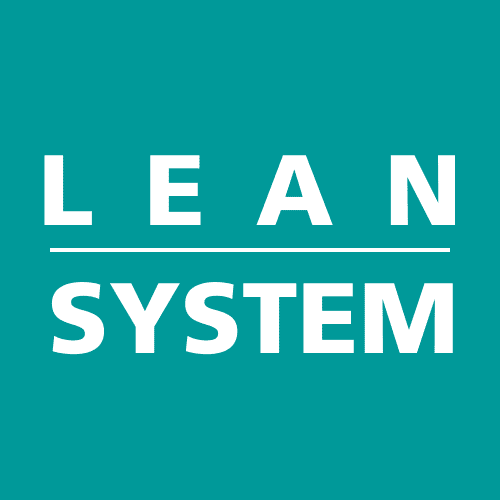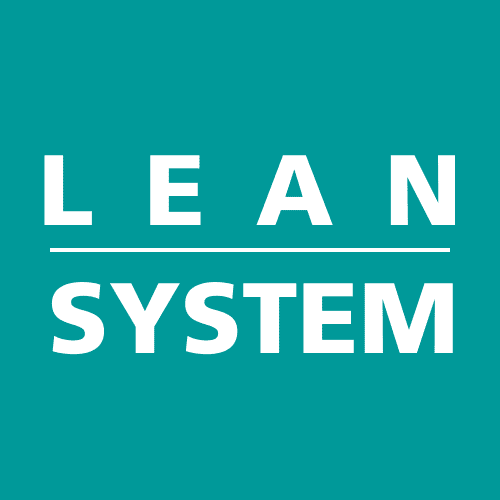Quality management is an essential aspect of any business organization. It ensures that the products or services provided by the company meet or exceed customer expectations. Effective quality management requires the commitment and leadership of top management. In this blog, we will explore ten ways top management can demonstrate leadership and commitment to the quality management system.
- Take accountability for the effectiveness of the quality management system: Top management should take accountability for the effectiveness of the quality management system. They should ensure that the system is working as intended and that the required resources are available to support it.
- Establish quality policy and objectives:Top management should establish a quality policy and objectives that are compatible with the context and strategic direction of the organization. The policy and objectives should be communicated to all employees and stakeholders.
- Integrate quality management system requirements into business processes:Top management should ensure that the quality management system requirements are integrated into the organization's business processes. This will ensure that quality is considered in all aspects of the organization's operations.
- Promote the use of the process approach and risk-based thinking: Top management should promote the use of the process approach and risk-based thinking. This will help to identify potential risks and opportunities and ensure that processes are optimized for efficiency and effectiveness.
- Ensure that resources needed for the quality management system are available: Top management should ensure that the resources needed for the quality management system are available. This includes human resources, infrastructure, and technology.
- Communicate the importance of effective quality management: Top management should communicate the importance of effective quality management and the benefits it brings to the organization. This will help to ensure that all employees understand the importance of quality and their role in achieving it.
- Ensure that the quality management system achieves its intended results: Top management should ensure that the quality management system achieves its intended results. This includes monitoring and measuring the system's performance and taking corrective actions as necessary.
- Engage, direct, and support persons to contribute to the effectiveness of the quality management system: Top management should engage, direct, and support individuals to contribute to the effectiveness of the quality management system. This includes training and development programs to enhance the skills and knowledge of employees.
- Promote improvement: Top management should promote continuous improvement of the quality management system. This includes identifying areas for improvement and implementing solutions to enhance the system's performance.
- Support other relevant management roles to demonstrate their leadership: Top management should support other relevant management roles to demonstrate their leadership in their areas of responsibility. This includes ensuring that quality management principles are integrated into all areas of the organization.
In conclusion, top management plays a critical role in the effectiveness of the quality management system. They must demonstrate leadership and commitment to ensure that the system is working as intended and that the organization is delivering quality products or services to its customers. By following the ten ways outlined above, top management can ensure that their organization is committed to quality management and continuous improvement.

